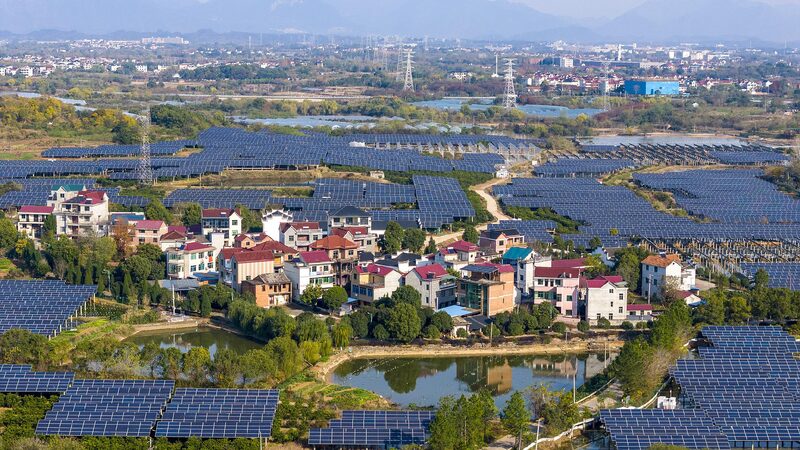China has taken a monumental step towards a sustainable future by enacting its first comprehensive energy law. Effective from January 1, 2025, this groundbreaking legislation aims to address the nation’s growing energy demands and environmental challenges.
Empowering Renewable Energy
The new law emphasizes the development of renewable energy sources. It introduces incentives like tax breaks and subsidies to boost innovation in clean energy technologies. For the first time, hydrogen energy is included in China’s energy management system, marking a significant expansion of the country’s renewable portfolio.
Balancing Energy Security and Green Goals
As the world’s largest energy consumer, China faces the challenge of ensuring stable energy supplies while pursuing environmental sustainability. The law outlines strategies to enhance energy security by exploring domestic resources and diversifying alternative fuels. It strengthens resilience against global market uncertainties and price fluctuations.
Government and Public Collaboration
The legislation fosters collaboration between government bodies, enterprises, and consumers. Local governments are mandated to promote clean energy projects and align regional policies with national strategies. By encouraging public participation and raising awareness, the law aims to cultivate a societal shift toward low-carbon energy consumption.
Global Impact
China’s commitment to peak carbon emissions by 2030 and achieve carbon neutrality by 2060 is reinforced through this law. It not only propels domestic green initiatives but also contributes valuable insights to global energy governance. By embedding sustainability and innovation into its energy framework, China is set to enhance its global competitiveness and lead the way in the world’s energy transformation.
Reference(s):
China's energy law promotes green transition, global energy governance
cgtn.com








